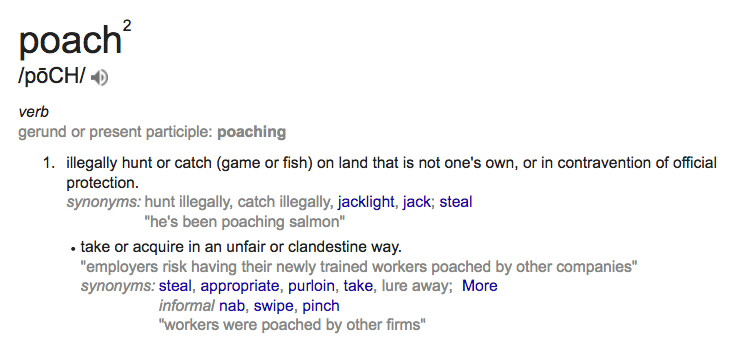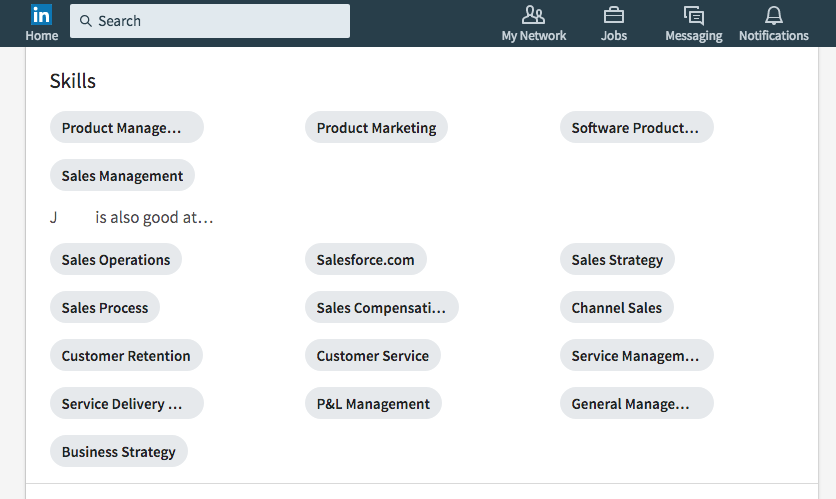Finding the wrong person for the job is easy. Fining the right talent is harder than you think.
We’ve all been there…You posted your job opening on your employer’s careers page, LinkedIn, and all the other job posting websites. It’s been weeks and the applicants are not passing muster.
Is there a way around this problem of selecting a job applicant from only those who apply?
Of course there is.
Well first off, let’s make sure the lack of good candidates is not a process issue: Is your HR person (or whoever is the gatekeeper of the applications) inadvertently filtering out the right candidates?
I’ve worked in a very niche field so it could be difficult to glean the experiences from different resumes for the traits and skills I was looking for. I’ve always asked to see all the applications that came through.
Once you are getting all the resumes for the job opening, and you still don’t have a good candidate, you can’t help but think back to all the competent people you’ve worked with and think “is there someone I worked with who would be perfect for the job?”
Poaching can be looked upon as “clandestine” and “unfair” but what’s wrong with asking a few people their interest about a job opening? 😉
LinkedIn Poaching
At my last company, when we were lacking in good candidates, we asked our recruiter/talent acquisition specialist to look at LinkedIn and search for people who have similar job titles. I didn’t personally like this, as that was just asking for more of the same; random search results based on the title of a person’s job.
To LinkedIn’s credit they do have skills that can be recommended- but then again, I’ve been recommended for skills by people who I never worked with professionally.
LinkedIn actually is a good tool to get references for candidates. It identifies the companies as well as past coworkers and people who you know who might have a connection! After all, there’s only six degrees of separation between any two individuals.
Benefits of Poaching
When seeking someone to “poach,” you are trying to attain talent who is untapped. This person is not looking for a new job, and thus there is no competition with other potential employers except just one, their current employer.
Poaching good talent only works if you know personally the talent you are trying to lure. Someone you’ve worked with in the past is a perfect poach; you know their quality of work and personality. In this way, you know exactly what you are getting. The only thing left is negotiations.
Personalizing the Lure
When negotiating with the poachee, it’s always good to hit other aspects of a job such as work life balance, mentorship opportunity, vertical mobility and benefits. Surprisingly, it’s not always just compensation, other intangible benefits should be considered heavily also.
Satisfaction from a job comes from many other aspects such as company philosophy, views on promoting from within, executive leadership, and company’s core values, or just even a shorter commute.
Drawbacks of Poaching
One draw back about poaching is that you’re getting someone you lured, but since that lure was created specifically for that one catch, I wouldn’t put too much weight to them leaving any time soon. Their resume and work history provide length of previous employments and is a better indicator of flight. Typically the 401k vestment period determines the length of employment for some as a rule!
It’s All in the Family
Hiring a new employee is like conducting a family member search. You are trying to find someone that is, first off, competent in the job and also kooky, silly, and tolerant enough to fit into your existing family. You are probably very familiar with those who are already in the “family” and know some of the traits/personalities that can fit in and will not be able to fit in.
Be ware of the pitfalls of group think when considering your existing team. You don’t want to exclude diversity from your group. Studies show that high diversity among a group outperform, eventually, than those that are more homogeneous. You also want some spice in your group, challenge the status quo.
It is a fine balance of what you want versus what you get and the unknown. You can pick the perfect candidate, and two weeks later, realize you didn’t hire the right person and, unfortunately, that happens more frequently than people would like to admit!




